Why Is Understanding IFRS and US GAAP Critical for Accountants?
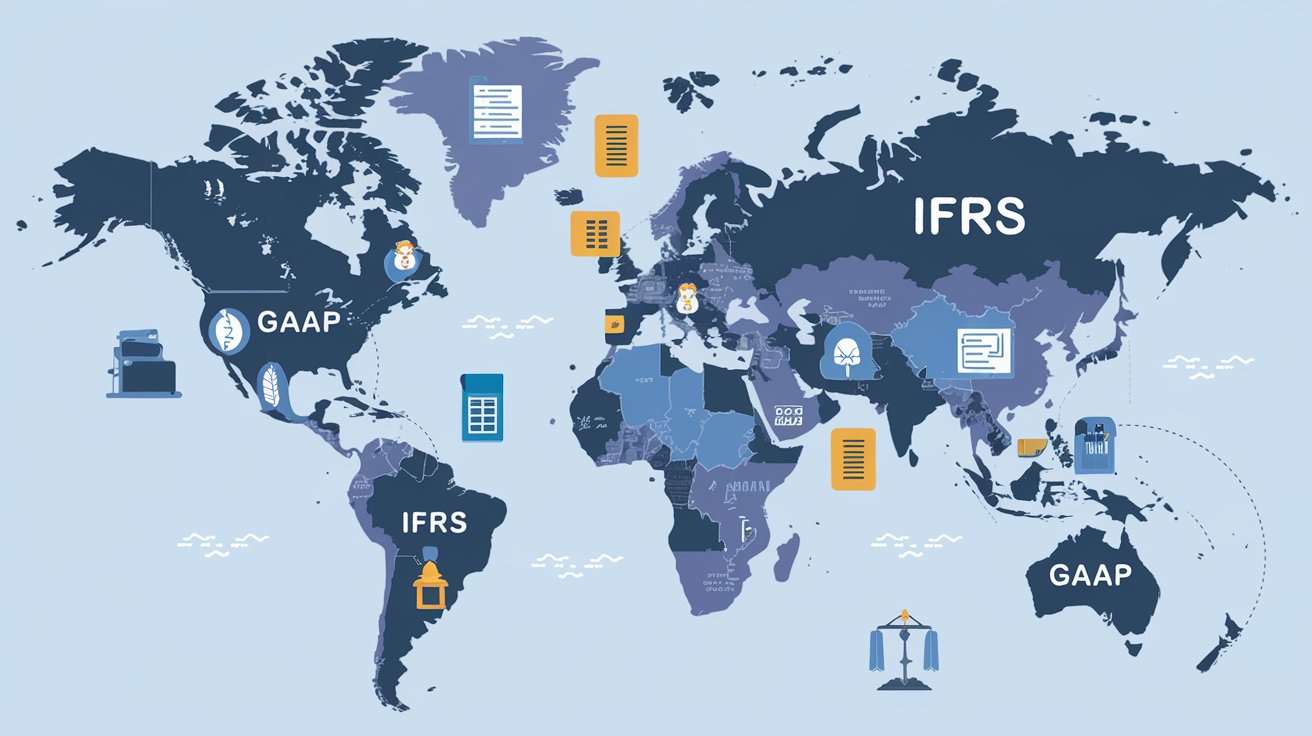
Did you know that over 140 countries use IFRS as their main financial reporting standard? On the other hand, US GAAP is the standard used in the United States.
Global businesses are expanding rapidly, and financial reporting is a key part of this growth. Accountants ensure financial statements are clear and accurate. However, the challenge lies in using the right financial standards. Different countries follow different accounting regulations.
The two main frameworks are IFRS and US GAAP. These financial standards guide how businesses report their financial information. Understanding these frameworks is important for accountants and organizations.
Here, you will learn about how these frameworks will help accountants and businesses grow.
What Are IFRS and US GAAP?
The following are the two main frameworks for financial and accounting reporting.
IFRS
IFRS stands for International Financial Reporting Standards, which is a set of rules that companies use to report their financial activities. It is principles-based. This means that IFRS focuses on broad guidelines rather than strict rules. It gives companies the flexibility to apply the standards in a way that makes the most sense for their situation.
This flexibility allows businesses in different industries and countries to adapt IFRS to their needs. But it also means that companies must use careful judgment to make sure they follow the spirit of the guidelines.
US GAAP
US GAAP stands for Generally Accepted Accounting Principles, which is the accounting framework used in the United States. It is rules-based. This means it provides very specific instructions on how to handle almost every type of financial transaction.
US GAAP is less flexible than IFRS due to its specificness. There are strict guidelines that companies must follow in every situation. This makes it easier to apply consistently. But for new and unique cases, these rules might not be applied. It can be a big challenge for this framework.
Key Differences Between IFRS and US GAAP
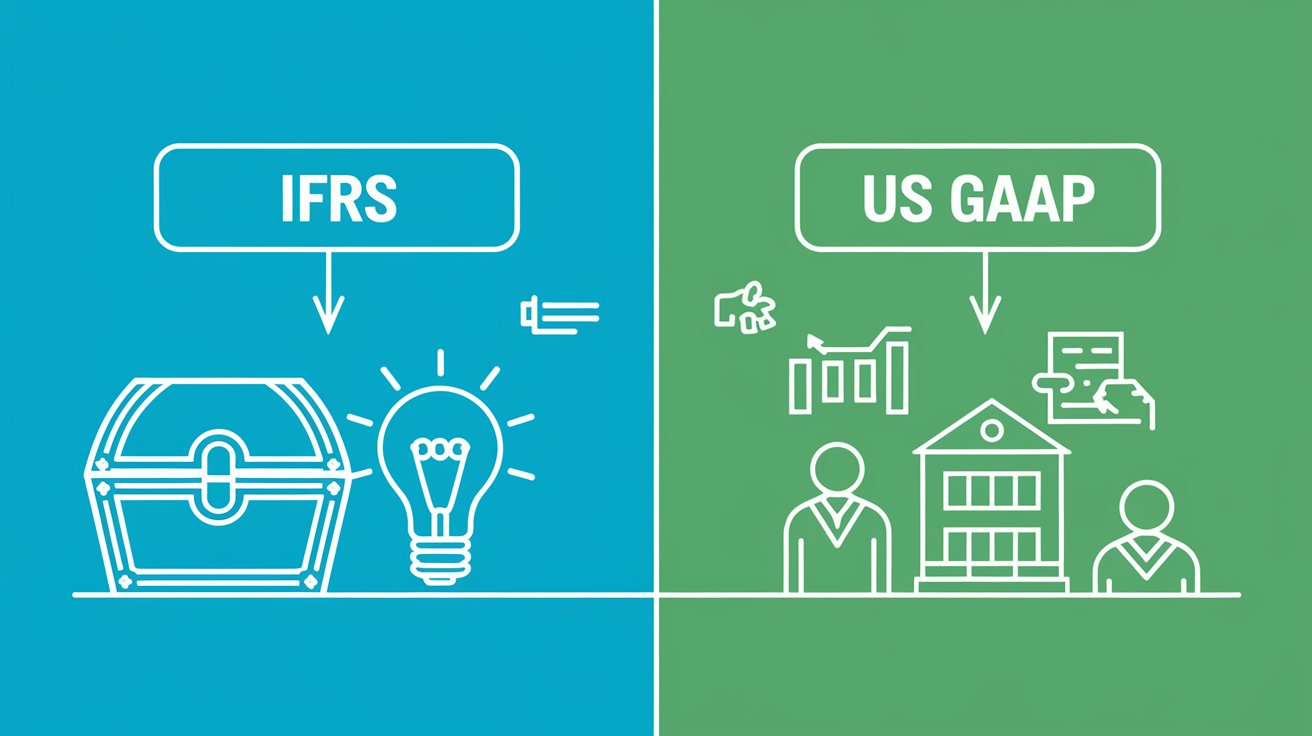
Here are some differences that show how these frameworks can change the reports.
Aspect | IFRS | US GAAP |
Inventory Valuation | Allows FIFO and weighted average | Allows FIFO, weighted average, and LIFO |
Revenue Recognition | Based on performance obligations | More detailed, with industry-specific guidance |
Write-Down of Assets | Reversible | Irreversible |
For more differences, check out this page. You will find essential differences there explained in depth.
Importance of IFRS and US GAAP for Accountants
IFRS and US GAAP have significant importance for accountants. The following are some mentioned:
Facilitating Global Operations
Multinational companies operate in multiple countries. This is a challenge for accountants because different companies use different accounting systems. Accountants must align financial reports with the applicable framework. For instance, a US-based company expanding to Europe must adapt to IFRS.
Enhancing Career Opportunities
Companies prefer accountants skilled in both IFRS and US GAAP. According to the U.S. Bureau of Labor Statistics, the employment of accountants and auditors is projected to grow by 6% from 2023 to 2033. Proficiency in these standards can open doors to global opportunities.
Ensuring Accurate Financial Reporting
Compliance with the correct framework ensures accurate financial statements. Misalignment can lead to errors, penalties, and loss of credibility. These errors caused by misunderstandings can cost businesses millions every year.
Bridging the Gap Between Local and Global Markets
In the context of mergers, acquisitions, and cross-border deals, consistent financial reporting is essential. Understanding both IFRS and US GAAP allows accountants to bridge the gap between local and global markets. This reduces the risk of discrepancies.
Key Challenges in Understanding IFRS and US GAAP
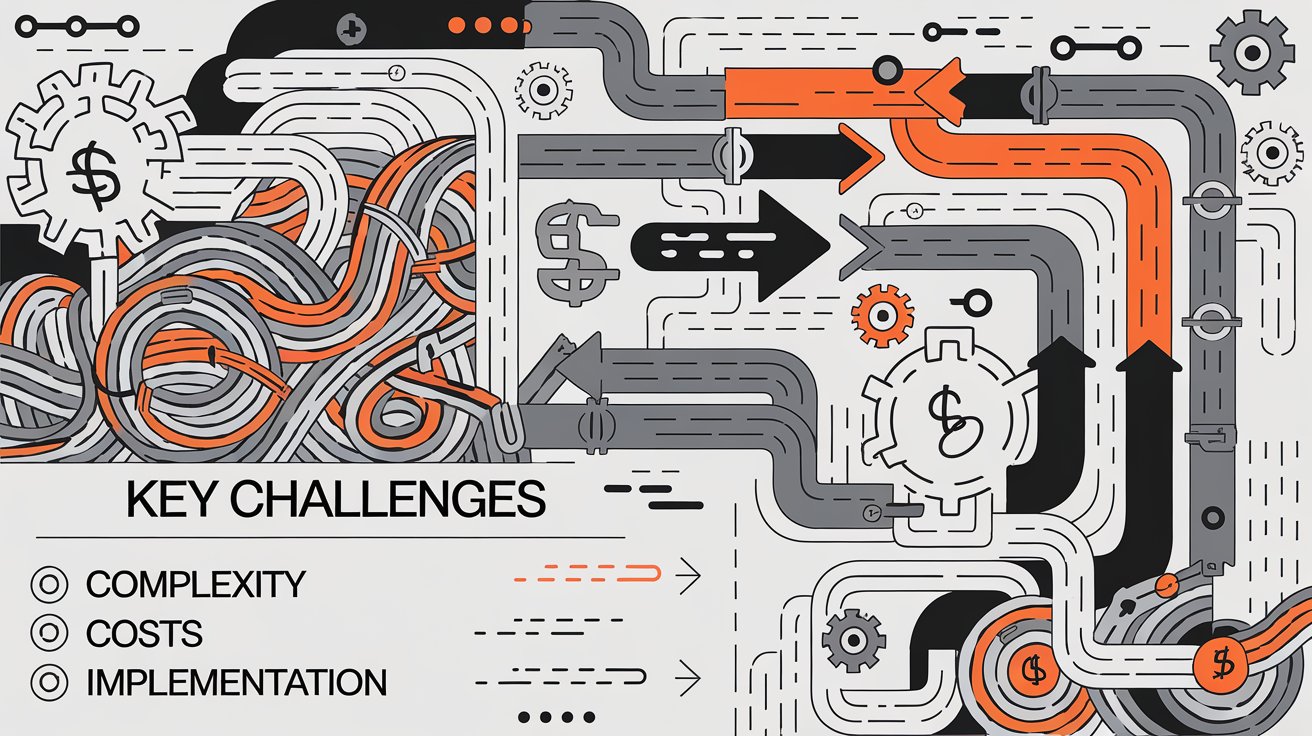
Here are some key challenges you should try to overcome:
- Complexity: IFRS is more judgment-based, while US GAAP relies on rigid rules. Switching between the two can be confusing.
- Costs: Transitioning frameworks is expensive. Companies should invest in training and systems. This way, they can spend less and gain more.
- Implementation: Adapting to a new framework can disrupt operations. For example, a case study in IGI Global highlighted a company that faced delays during its IFRS transition.
Benefits of Gaining Proficiency in IFRS and US GAAP
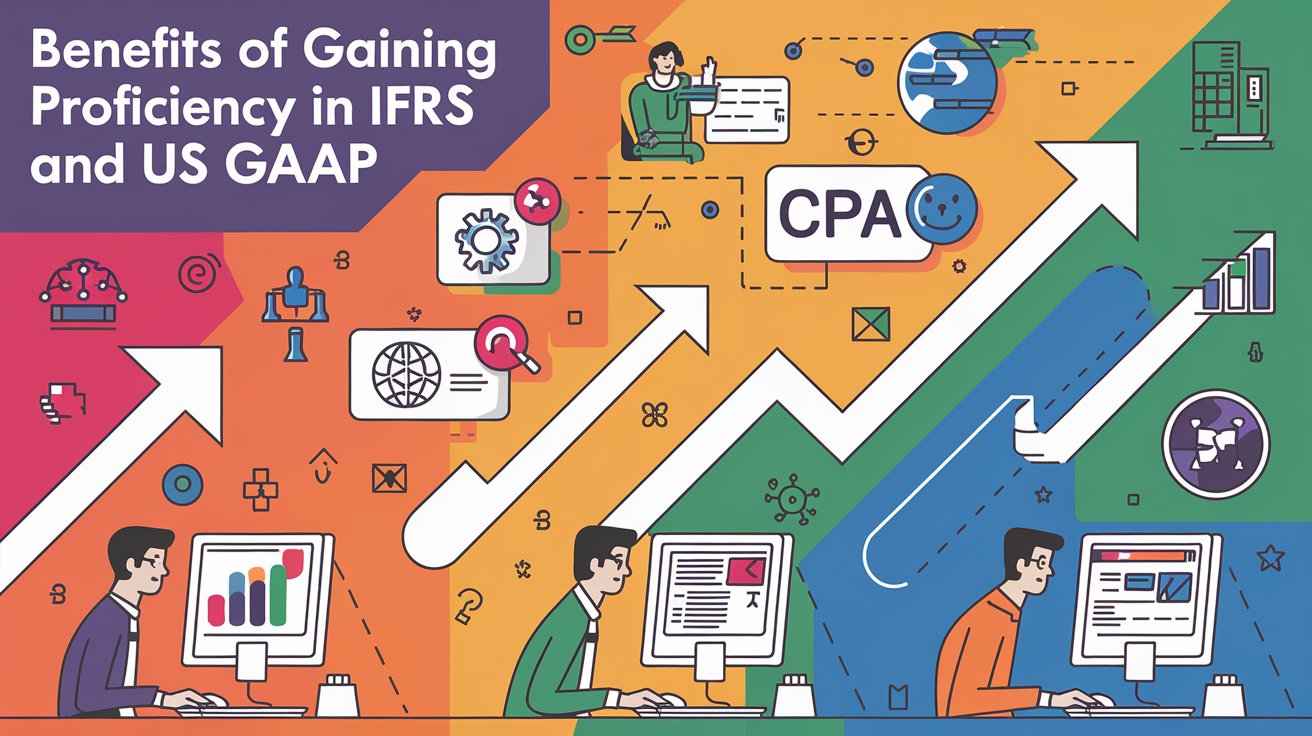
Understanding IFRS and US GAAP offers significant advantages for both organizations and accountants. Let’s explore these benefits in detail.
For Organizations
Organizations benefit greatly from adopting global accounting standards. Here’s why:
Enhanced Transparency
Using IFRS or US GAAP ensures financial reports are clear and consistent. Investors and stakeholders can easily understand and compare financial statements.
Access to Global Investors
When a company adheres to recognized global standards, it becomes easier to attract international investors. They trust the accuracy and reliability of financial statements.
Efficient Operations Across Borders
Multinational companies often need to report in multiple jurisdictions. Proficiency in both IFRS and US GAAP helps streamline these processes.
For Accountants
Accountants with proficiency in IFRS and US GAAP enjoy numerous career benefits:
Better Decision-Making Skills
Knowledge of both systems improves an accountant’s ability to analyze complex financial situations. They can provide accurate advice that aligns with international requirements.
Competitive Advantage
Accountants with this expertise are highly sought after in the global job market. Many firms prefer professionals who can handle cross-border financial reporting.
Career Growth Opportunities
Companies expanding internationally need accountants familiar with global standards. This opens doors to better job roles and higher salaries.
Steps to Master IFRS and US GAAP
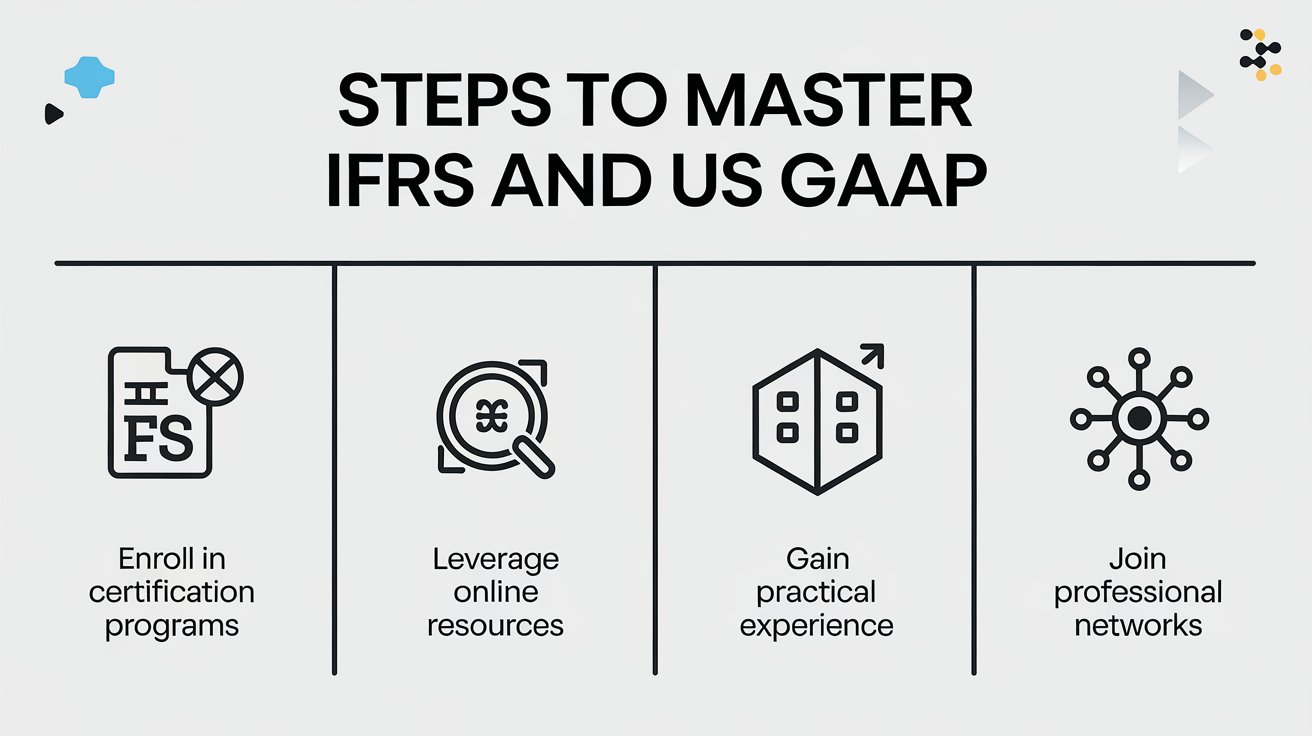
Mastering frameworks like IFRS and US GAAP has become essential for accountants. These are some of the steps to master IFRS and US GAAP.
Enroll in Certification Programs
Enrolling in a certified program is a good way of learning IFRS and US GAAP. Pursue certifications like CPA (Certified Public Accountant) or IFRS Foundation courses to gain formal knowledge.
Leverage Online Resources
You can learn from various online platforms. Explore free webinars, tutorials, and guides related to accounting. Find platforms that offer easy-to-understand guides. You can find various online platforms for up-to-date information on IFRS and US GAAP.
Gain Practical Experience
Theoretical knowledge is a good source of knowledge, but practical experience is essential. Work with multinational clients to apply theoretical knowledge.
Join Professional Networks
Networking with the experts is the best way to grow. Connect with your field’s expert through LinkedIn. Attend webinars, seminars, and conferences to stay updated.
The Final Words
In a nutshell, the two primary financial standards are IFRS and US GAAP. They help organizations and accountants grow much faster and more efficiently. Mastering these frameworks is the key to their success.
Financial regulations make sure these standards are being applied constantly for a better and more accurate report.
Start learning about IFRS and US GAAP now with Hubdigit to keep yourself updated and outsmart your competitors!
